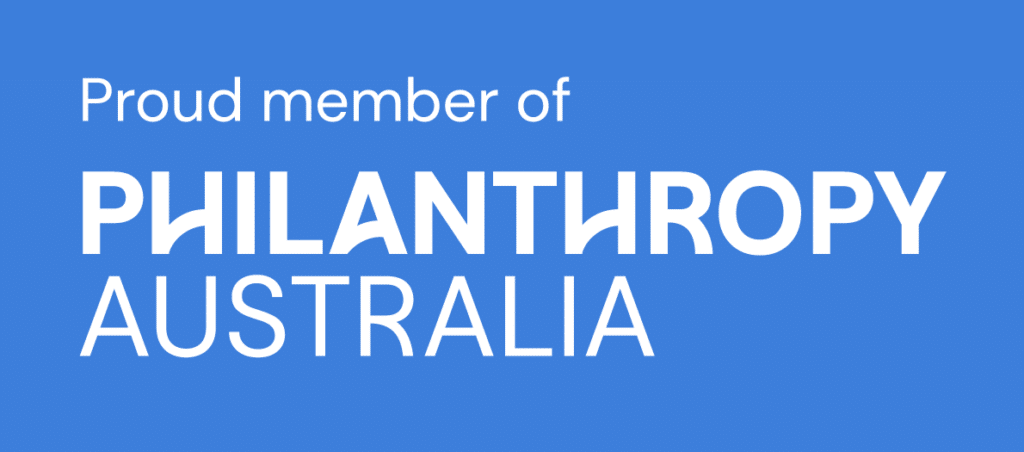Societal stigma that blames people for addiction is a serious barrier to their recovery. It isolates people and prevents them from developing meaningful connections and a sense of community – which is key to becoming well.
Societal stigma prevents effective recovery from addiction.
People who are addicted to substances are often socially excluded and marginalised. For young people with addiction, this kind of isolation can be very damaging. Public stigma about people with addiction involves pervasive negative attitudes and beliefs that lead to their societal rejection.1
This stigma is closely linked to the idea that people who are dependent on substances are to blame for their addiction, and that dependency on a drug is a personal failure. Unfortunately, this attitude is pervasive and can exist in the health care system, the workplace, families, and community relationships, leaving people isolated.2
People with addiction need connection and community to recover.
Evidence suggests that people who have more high-quality human connections have higher levels of recovery.3 Building connection and a sense of family and community is important not only to recover from substance dependence, but also to help avoid relapse in the future.4
We all have the power to stop stigma.
Here are some ways you can contribute to stopping harmful societal stigma around addiction:
- Use ‘person-first’ language. For example, instead of saying ‘substance abuser’, say ‘person with a substance use disorder’. There is evidence that these small changes can make a difference to societal attitudes around addiction.
- Remember: treatment is available and it works. Addiction is a treatable disease, and there are lots of solutions and options for recovery.
- Learn about the personal stories of people with addiction. By putting a human face to drug dependency, we can challenge harmful stereotypes.
- Remember that the causes of addiction are often societal rather than individual, and look at the wider social factors that may have contributed to a person developing a drug dependency.5
De-stigmatising youth addiction.
Sir David Martin Foundation helps young people in crisis by enabling best-practice models of treatment for youth drug and alcohol addiction. We aim to de-stigmatise youth addiction and break down barriers to young people (and their loved ones) seeking help early. To do this we are ramping up our efforts to raise awareness of youth addiction and advocate on important social issues that contribute to factors which often lead to young people mis-using drugs and alcohol.
We know that stigma, judgement and misinformation are major roadblocks to young people and their families seeking help for drug and alcohol addiction. Together, by starting important conversations and breaking down some of the misconceptions about youth addiction we can help remove these barriers and empower young people to seek help.
__
If you or a young person you know is struggling with addiction visit our resource list to find help.







